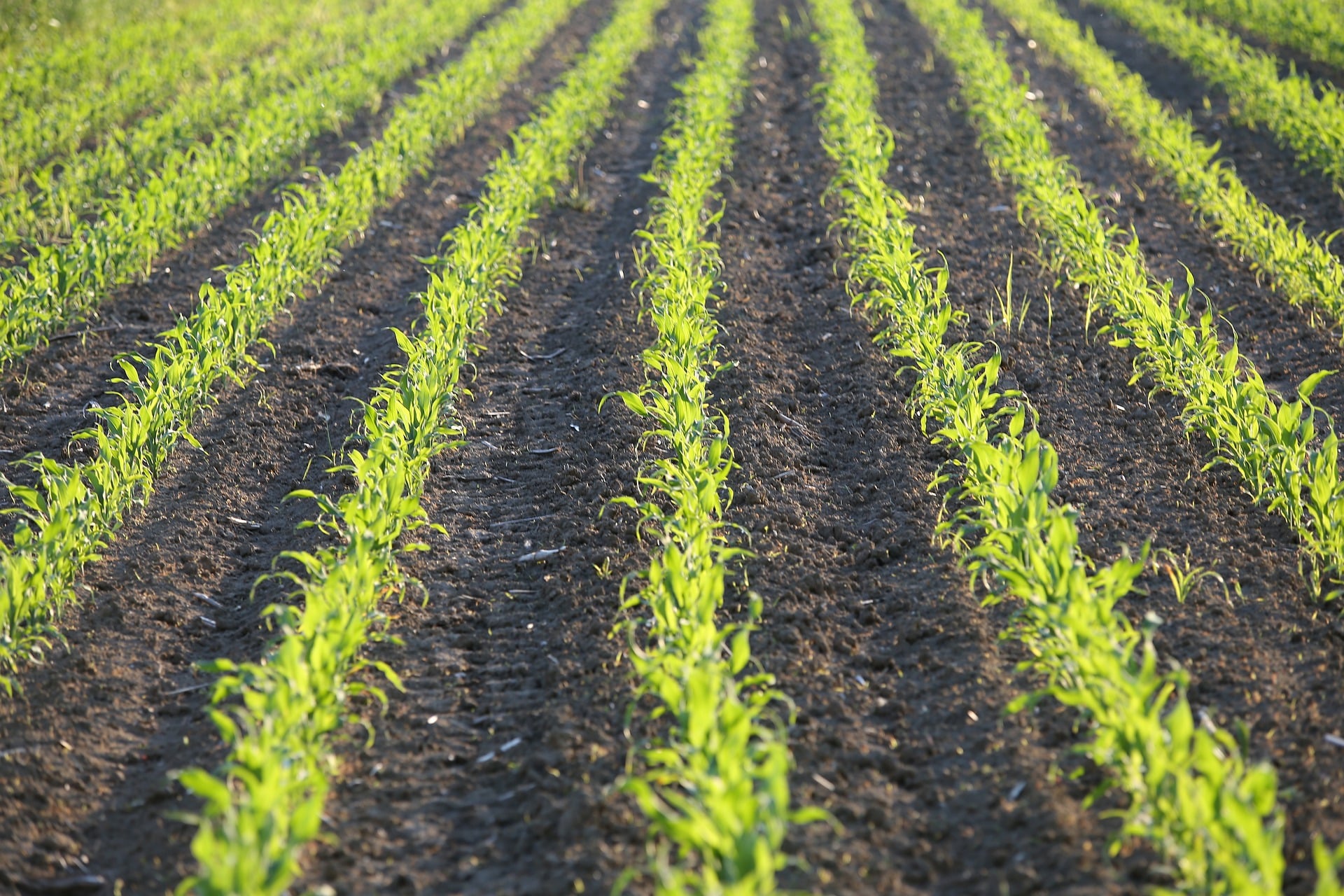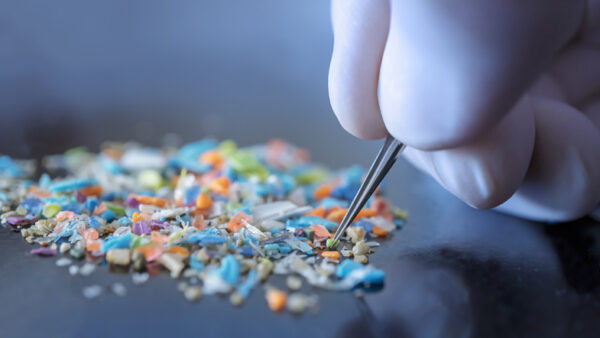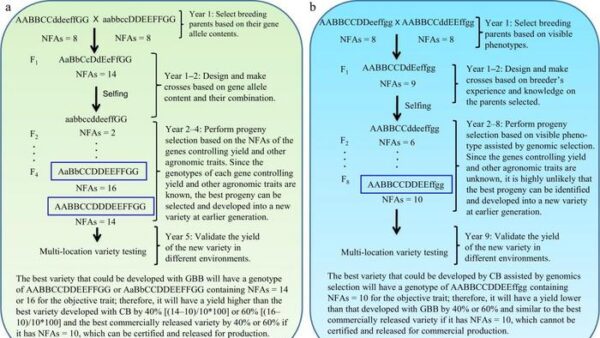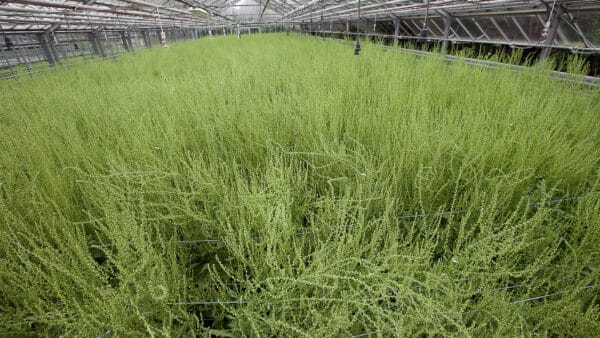While many may not realize it, intellectual property rights without enforcement are just another exercise in futility. Having plant breeder’s rights (U.S. plant variety protection), utility patents, plant patents, trademarks or even trade secrets is nice, but until one enforces their IP rights, we really don’t have a functioning IPR system. Much like having a home with children without any rules and consequences, a system without a long-term goal of respect for individuals/entities’ rights will be chaos. It’s the same with not enforcing speeding zones around schools/construction zones or just law-breaking behavior in many of our larger troubled cities that have moved away from holding individuals accountable.

Seed innovations are the result of long-term commitments from seed companies, university breeding/foundation seed companies and the many entities co-developing these fascinating advancements that help feed, fuel and cloth our global family. Private companies make long term commitments of ~15% (generally 8-30%) of revenues over 7-16 years to develop innovations (varieties, hybrids, traits, seed treatments, microbial solutions) that are critical to our population today as well into the future.
Yes, there have been several instances of IPR infringements that have been enforced due to special situations both publicly and privately. However, I’d like to make the point that more IP enforcement is happening in row crops because of the “value created” by adopting different approaches than what was the norm two decades ago.
Licensing of intellectual property versus selling was a pivotal moment in the U.S. seed sector beginning around 1996. The concept is monumental from the standpoint that contractual law was linked to intellectual property protection in ways that made it easier to enforce against infringers. The main premise under a licensing approach is that one could create an authorized distribution system where only entities or individuals who were authorized could be licensed to use these seed innovations for one crop planting. This addressed both annual (i.e: soy, cotton, corn) and perennial crops (i.e: alfalfa) scenarios.
Authorized distribution networks have many players including licensees, seed dealers, seed production companies, growers as well as processors in cases where quality traits are involved in closed loop systems. This type of authorized distribution system allows the IP owner to ensure high quality germplasm development, production, packaging, and branding to ensure a consistently high-quality experience for the seed customer on the farm.
Because the authorized distribution system depends on U.S. contractual law utilizing licenses that cover critical terms about what can and cannot be done with that seed innovation, IP enforcement pathways are clearer for IP owners. Granted, there are still many challenges with enforcement mostly around legally attained evidence, but much legal precedence has been established in the last two decades that has had a profound impact on crop productivity and yields. Ponder on the crop yield chart[1] below to discern why yield trends in corn and soy are much higher than U.S. wheat. We see the same trends in other crops that have switched to Licensing approaches.
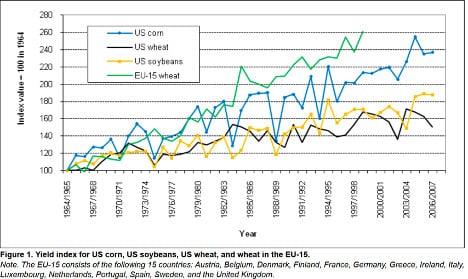
U.S. Row Crops with the help of novel IP enforcement approaches have significantly grown the pie compared to crops with weaker IP implementations. New plant breeding techniques which are estimated to be cheaper and quicker (ie. ~$10M and ~5 years) to bring to market are speeding up the rate of innovation which is critical to OUR challenge of “Producing more with less”.
SIPA maintains an anonymous and confidential TipLine for reporting of seed infringement. Call 1-844-SEEDTIP (844-733-3847) or report online at https://www.seedipalliance.com/tip-line-help/ .
[1] Dermot J. Hayes, S.H. Lence and S.Goggi. Impact of Intellectual Property Rights in the Seed Sector on Crop Yield Growth and Social Welfare: A Case Study Approach. AgBioForum, 12(2): 155-171. 2009.


